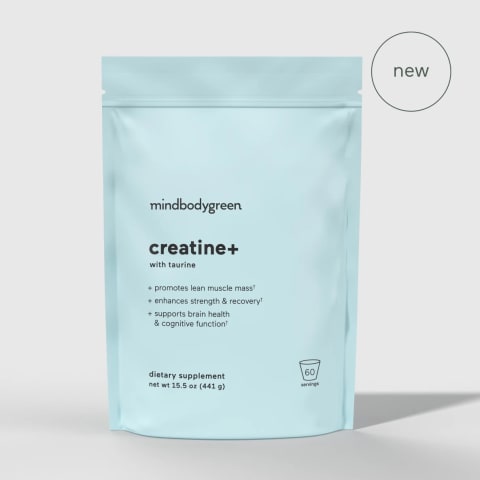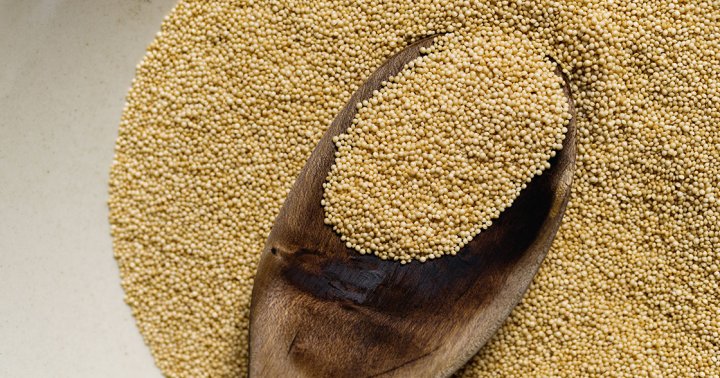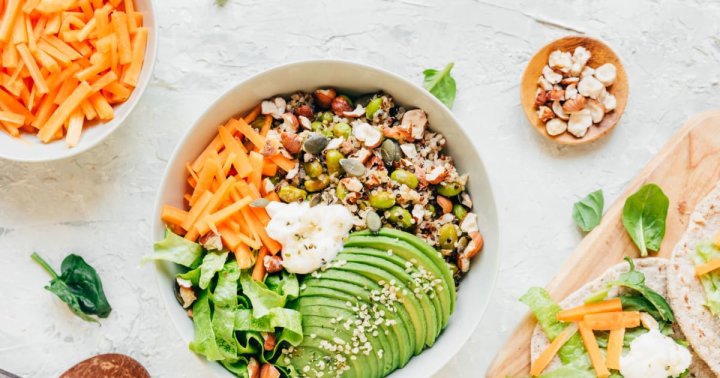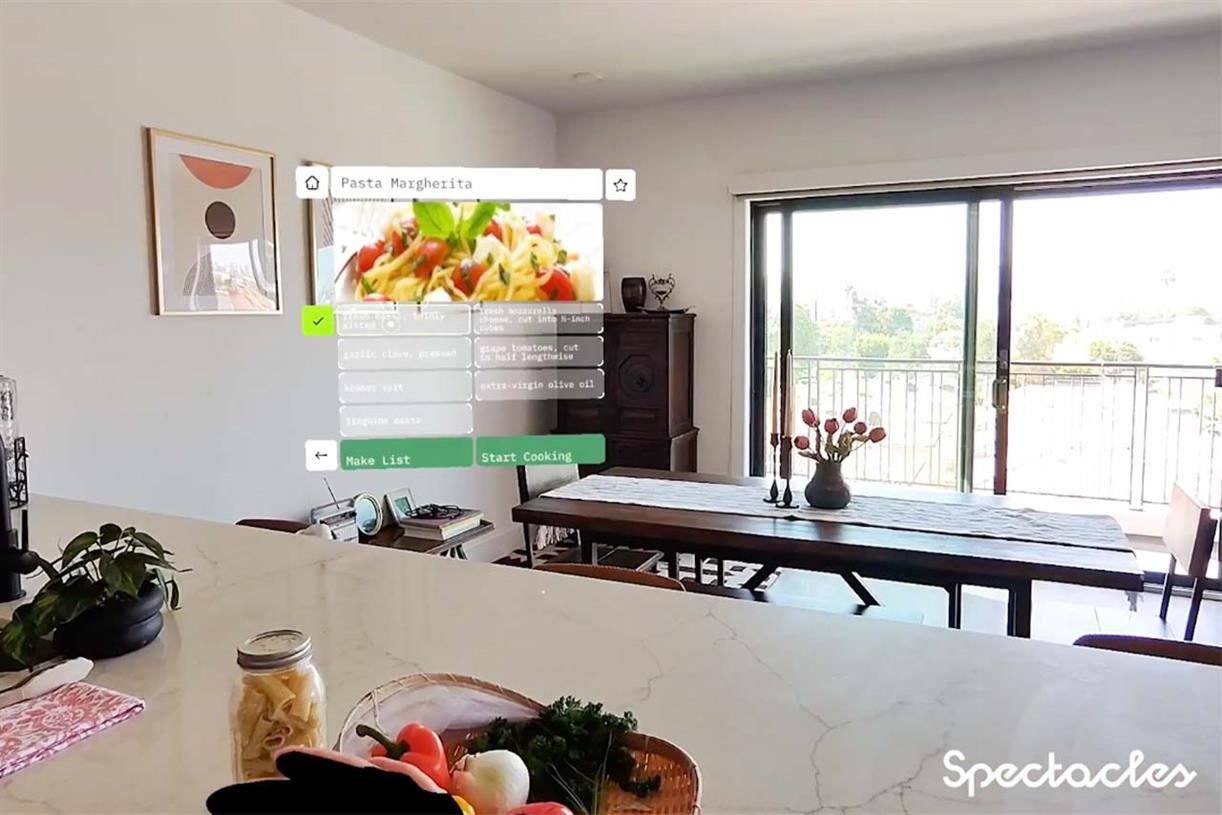An RD’s Favorite Smoothie Recipe For Blood Sugar Balance & Muscle Health
And it's super simple

Advertisement
This ad is displayed using third party content and we do not control its accessibility features.

Registered Dietitian Nutritionist
Registered Dietitian Nutritionist
Molly Knudsen, M.S., RDN is a Registered Dietician Nutritionist with a bachelor’s degree in nutrition from Texas Christian University and a master’s in nutrition interventions, communication, and behavior change from Tufts University. She lives in Newport Beach, California, and enjoys connecting people to the food they eat and how it influences health and wellbeing.
Image by Darren Muir / Stocksy July 30, 2024 Smoothies are my go-to meal when I want to get a lot of nutrients with minimal effort—so naturally, I have one a day now. And it wasn’t until this last year that I locked down how to make one that’s actually filling, tastes like a sweet treat, supports my muscles, and doesn’t spike my blood sugar. It all has to do with adding enough protein. 
Aim for 30 grams of protein each smoothie
For years, I would always add some Greek yogurt and a splash of milk and think that was good enough for protein. But then my energy crashed and hunger would set in again a mere hour later.
I never even considered adding a protein powder to the mix—most taste chalky and artificial to me—until mindbodygreen released grass-fed whey protein isolate+. I could immediately smell the vanilla and hints of cinnamon and loved how the ingredient list reads like a recipe from a bakery (hello organic vanilla extract, pink Himalayan salt, and cinnamon bark powder) rather than a chemistry textbook.
When blended, grass-fed whey protein isolate+ gives any smoothie a milkshake-like consistency. This thickness is crucial since I prefer to chew my meals rather than sip them.
It also offers a hefty dose of 25 grams of bioavailable protein—sans the lactose that whey concentrate supplements. With a couple of dollops of Greek yogurt, reaching that 30-gram threshold is a breeze.
Getting enough protein has been at the top of my mind this year. It’s not only helped improve my appetite, but it’s also helped me recover from workouts more efficiently.* But the real game-changer has been adding creatine+.
If you’re not adding creatine, you should be
Just one small scoop of this powder provides the optimal 5-gram dose of creatine along with 2 grams of the amino acid taurine. Although I’ve long been familiar with creatine, I always thought it benefitted athletes the most.
After digging into the research1, I finally realized that it can help anyone build muscle, get toned, and support their brain. Taurine also has some exciting research behind it for muscle health and recovery, as well as heart health2 and cognition3.*
Since I was already making smoothies daily, it was so easy to add to my routine (and I experienced no bloating!).
This is my favorite (pretty basic) smoothie recipe.
Berry pie smoothie
Makes 1 serving (about 34 grams of protein)
Ingredients
Method
Add everything to a blender, and blend until smooth
If using fresh fruit, just add some ice.
Other blood-sugar balancing callouts
While adding 30+ grams of protein to a smoothie is a pretty surefire way to keep blood sugar from spiking, adding some vegetables (in addition to fruit) and nuts or seeds is also helpful.
The takeaway
Smoothies can absolutely be a complete, filling meal—you just have to be very intentional about the protein content. Leaning on a high-quality protein and creatine powder can truly make all the difference in taste and health benefits.*
If you are pregnant, breastfeeding, or taking medications, consult with your doctor before starting a supplement routine. It is always optimal to consult with a health care provider when considering what supplements are right for you.

 Koichiko
Koichiko 
































